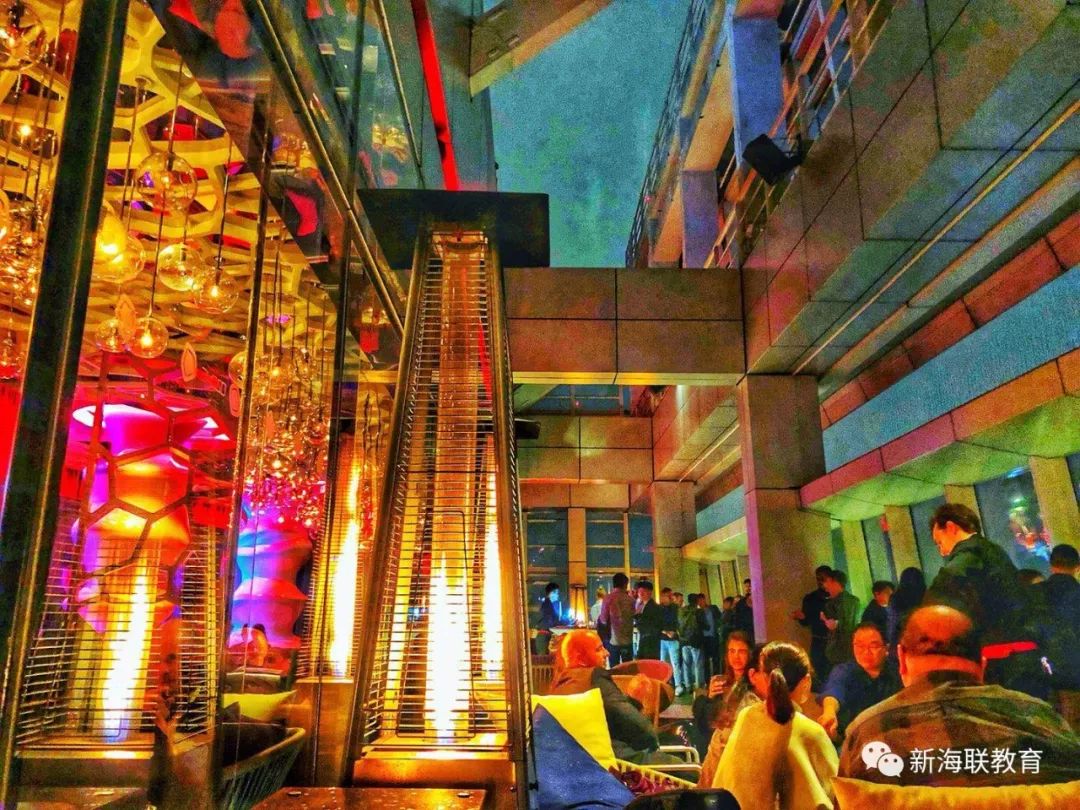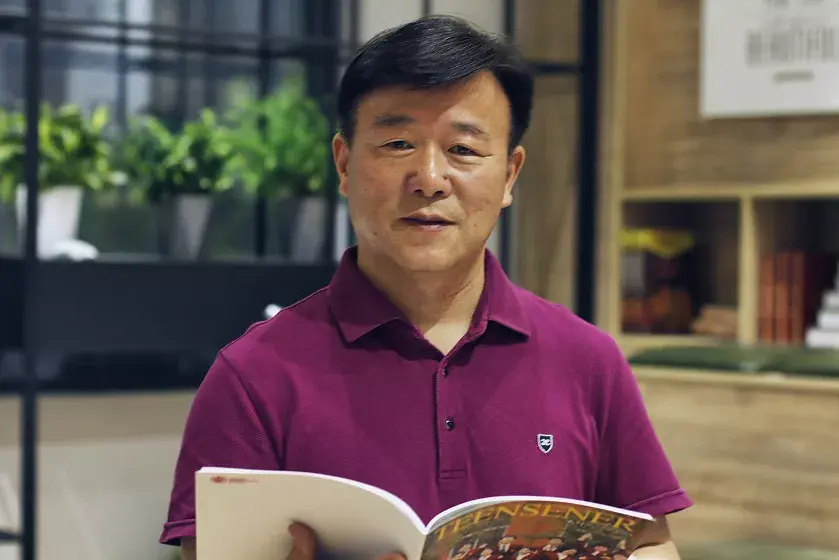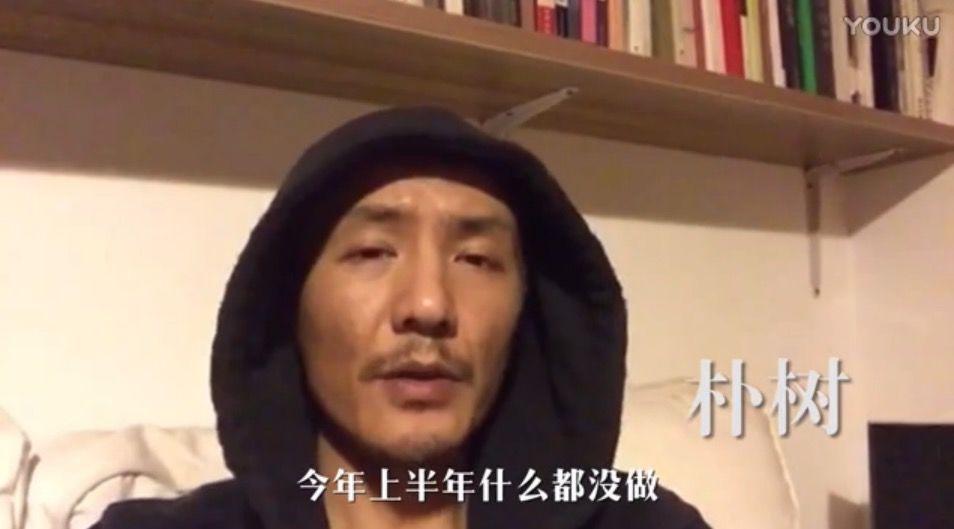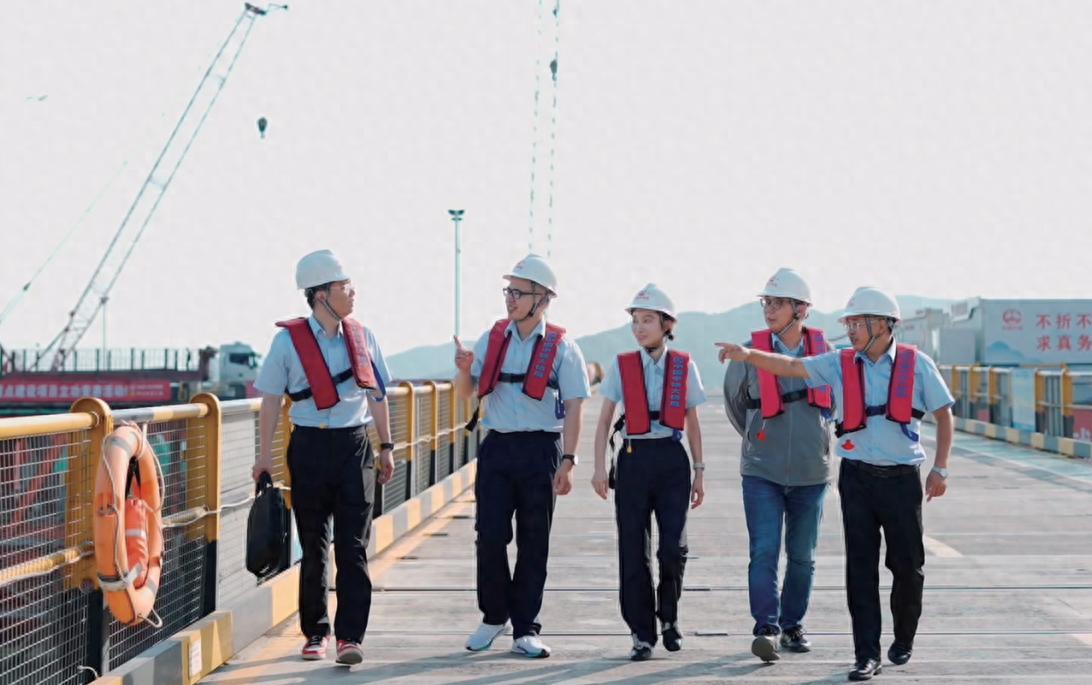了解最新的国内国际时事热点;学习地道的时政英语表达,请关注Global Times 每日的双语社评。

Photo: IC
A right balance between order and diplomacy
The US has begun to require Chinese diplomats to report meetings with state, local and municipal officials, official visits to educational institutions and official visits to research institution. The incident is brewing.
美国要求中国外交官在当地开展交流向美国务院报备的事情不断发酵。
US Ambassador to China Terry Branstad said on Monday that Washington is considering additional rules for employees of entities controlled by the Communist Party of China. He also said that employees of these entities may be required to register as foreign agents.
美国驻华大使布兰斯塔德星期一进一步表示,华盛顿正在考虑对在美的中国“党控机构”(大概是指国企、官方媒体)也推出类似规定。他还说,那些机构可能会被要求注册为外国代理人。
The US stated that this was due to the “reciprocity action” to force China to lift restrictions on the activities of US embassies and consulates in China.
美方表示,这样做是出于“对等原则”,目的在于让中方取消对美国驻华使领馆在中国开展活动的限制。
First, the Chinese foreign affairs department has not imposed restrictions on the US embassies and consulates to contact various personnel in China, and American diplomats can see the people they want to see in China. Many people from the liberal camp in China have had contact with US diplomats. Some posted their interaction with US diplomats on the internet, and are proud of the experience.
首先,中国外交部门没有对美国使领馆在华接触各种人员进行限制,美国外交官在中国是可以见他们想见的人的。中国的“自由派”人士许多都与美国外交官有接触,他们当中有的人还在互联网上晒过自己与美外交官联系互动的相关信息,并且以此为荣。
However, there is a big difference in the governance in China and the US. When US diplomats reach out, some are wary. This is not what the Chinese government requires. It is how Chinese society usually reacts to such situations.
但是众所周知,中国社会与美国社会的内在治理有很大区别,美国外交官在寻求接触各种人员时,有时会受到一些人和他们所属机构的警惕性反馈,这不是中国政府刻意要求的,而是中国社会的“平均情形”。
This situation is not specific to the Americans. Diplomats from countries that have friendly relations with China also feel that “diplomacy is no small matter” in Chinese society. It is not easy even for the Chinese media or research institutions to get in touch with sensitive people or find someone to explore on sensitive issues. US diplomats have enjoyed some privileges that Chinese diplomats do not have in the US.
这种情况并非专门针对美国外交官,友好国家外交官也会在中国社会里碰到“外交无小事”观念造成的的各种现象。就是中国媒体人或研究机构想接触一些敏感人物,或者找人探讨一些敏感问题,也不是容易的事。客观说,美国外交官在中国也享受了一些中国外交官在美享受不到的权利。
Chinese people value diplomacy and give foreign officials and institutions in China some preferential treatment consciously or subconsciously. For example, Beijing and Shanghai adopted a license-plate lottery system, but diplomats do not need to go through the system or bid for high prices for car plates.
中国人重视外交,在社会各个领域都会自觉或不自觉地给外国驻华官员和机构一些优待,比如北京和上海购车限号,但是美国外交官买车就不用摇号或者出高价竞拍。
Chinese police attach more importance to cases involving foreigners. The attitude sparked widespread criticism from the Chinese netizens.
软优待就更多了,有个外国人在中国一个城市丢了一辆自行车,警方很重视,迅速帮助找了回来,还引起了中国网民的广泛批评。
It is widely acknowledged that foreigners receive privileges in China, and even more so for US diplomats. Perhaps this is also something the US State Department and US embassies and consulates in China should take note of.
外国人在中国受到优待是广泛的事实,美国外交官受到的优待只会在这种优待的平均线之上,这一点美国国务院和驻华使馆也应该说一说?
The US used to be confident and prided itself on its relaxed governance of internal affairs, which the US viewed as part of its soft power. However, it has become calculating in everything it does with China: it complains about “unfair” trade with China and grumbles about “restrictions” on its diplomats and media outlets. This casts a completely different scenario from the time when the US was open-minded about its market and its political and cultural resources.
美国过去很自信,对自己国家内部比较宽松的管理蛮骄傲的,把它当成美国软实力的一部分。现在它变小气了,斤斤计较,事事都觉得它在与中国的交往中“吃亏了”,抱怨贸易“不对等”,外交人员和媒体机构的活动自由也“不一样”。这与当年美国开放它的市场、敞开它的政治文化资源,完全是另一番景象。
Regardless of whether the US complains or not, Chinese society needs to further open up. Chinese academic institutions and officials at various levels should embrace communications with foreign diplomats in China, including US diplomats, in a more active manner. Negatively viewing engagement with Americans and other Westerners does no good to enhance mutual understanding and widen consensus.
当然了,不管美方抱不抱怨,我们认为中国社会内部都应进一步开放。中国的学术机构以及各地官员都应更加积极与包括美国外交官在内的外国驻华代表开展交流,这是他们正常学术活动和履职范围之内的事情。消极对待与美国及西方人员的接触,不利于彼此增加了解,扩大共识。
China-US relations are at a crossroads. Should the two sides be locked in a tit-for-tat engagement and escalate the conflicts?
中美关系处在一个大的十字路口,双方要不要一招一式地相互增加摩擦和对抗,轮番出招,相互报复,用“对等原则”把两国的冲突一级一级地向上推升?
Obviously, the US is the one which continues to strategically provoke China and add uncertainties to the bilateral relationship. Some US political elites are pushing China-US relations back. China shouldn’t fall for it. Upholding opening-up needs to be the backbone of China’s foreign relations, including with the US.
目前美国显然是战略挑衅方,提供了中美关系中的很多变量。我们认为,中国这一边要跳出美方一些政治精英正在推动形成上述十分消极的发展中美关系的逻辑。我们要把做好自己的事情,坚持扩大对外开放作为处理对美及整体对外关系的主逻辑。
China is sincere in building a favorable relationship with the US, while preserving internal order. Prioritizing national interests is indisputably justified in any country.
中国是坦荡的,我们搞好对美关系的意愿是真诚的,同时我们维护好本国的国内秩序又是必须的,国内利益优先在任何国家都有无可争辩的正当性。
But China is a major power and its rapid rise has affected the world. Therefore, it is important for China to strike a balance.
与此同时,鉴于中国是大国,我们的快速崛起在外部世界产生了很多触动,做好各种平衡又十分重要。
本文系环球网、环球时报英文网站社评。中文部分有删减。
限 时 特 惠: 本站每日持续更新海量各大内部创业教程,一年会员只需98元,全站资源免费下载 点击查看详情
站 长 微 信: lzxmw777






